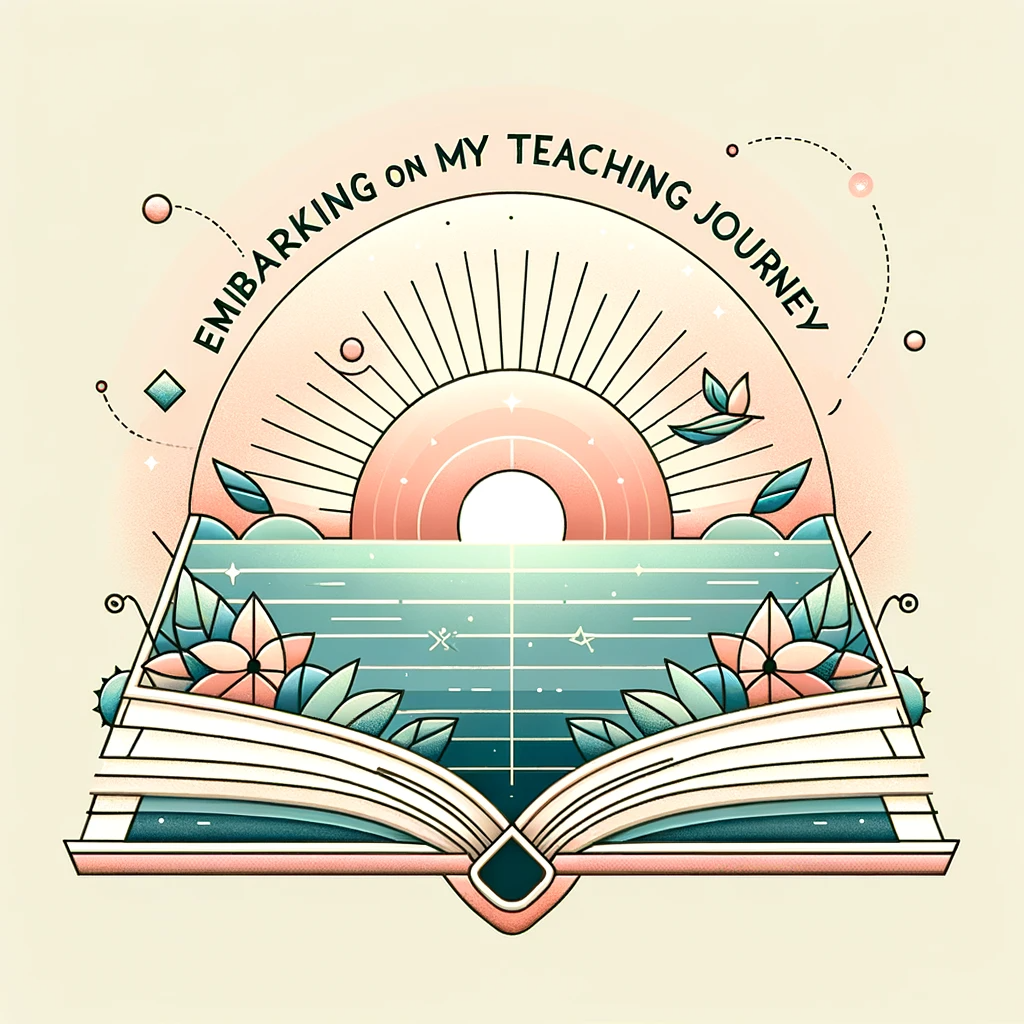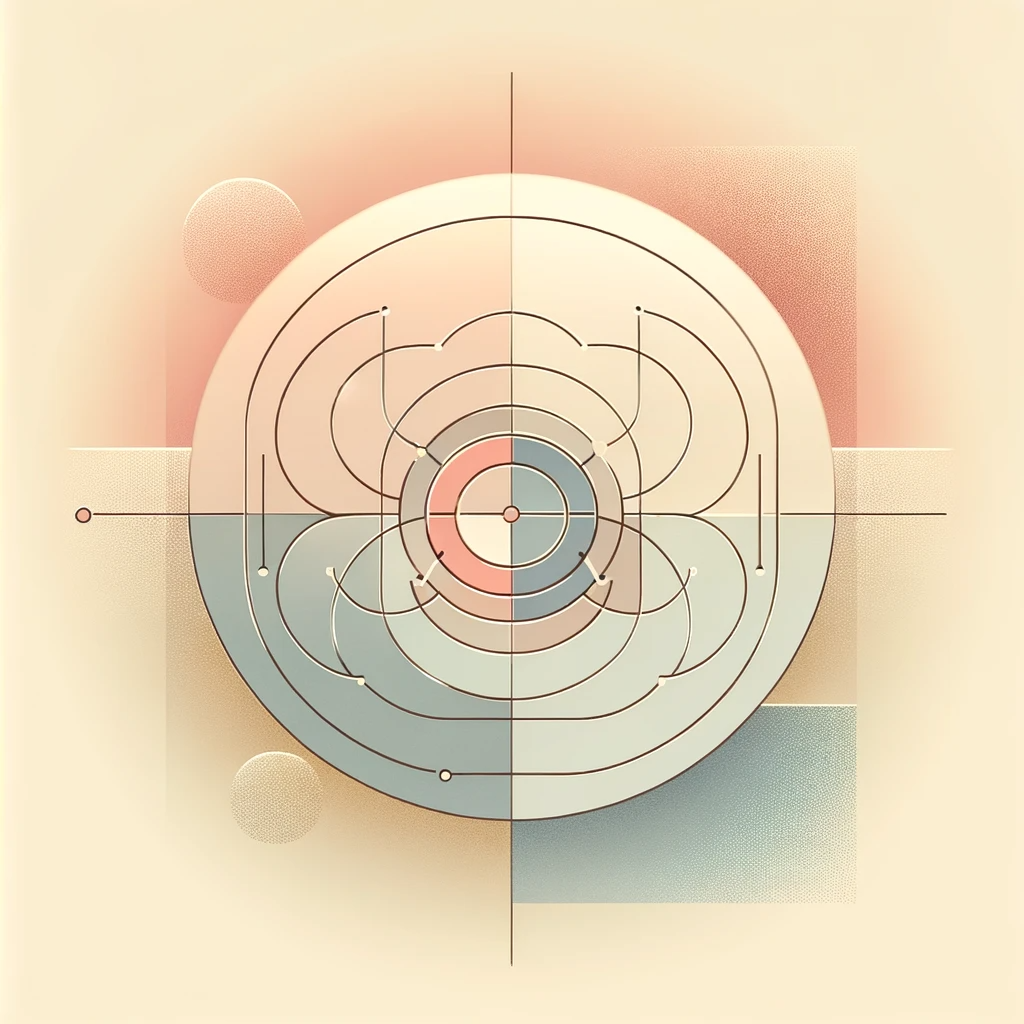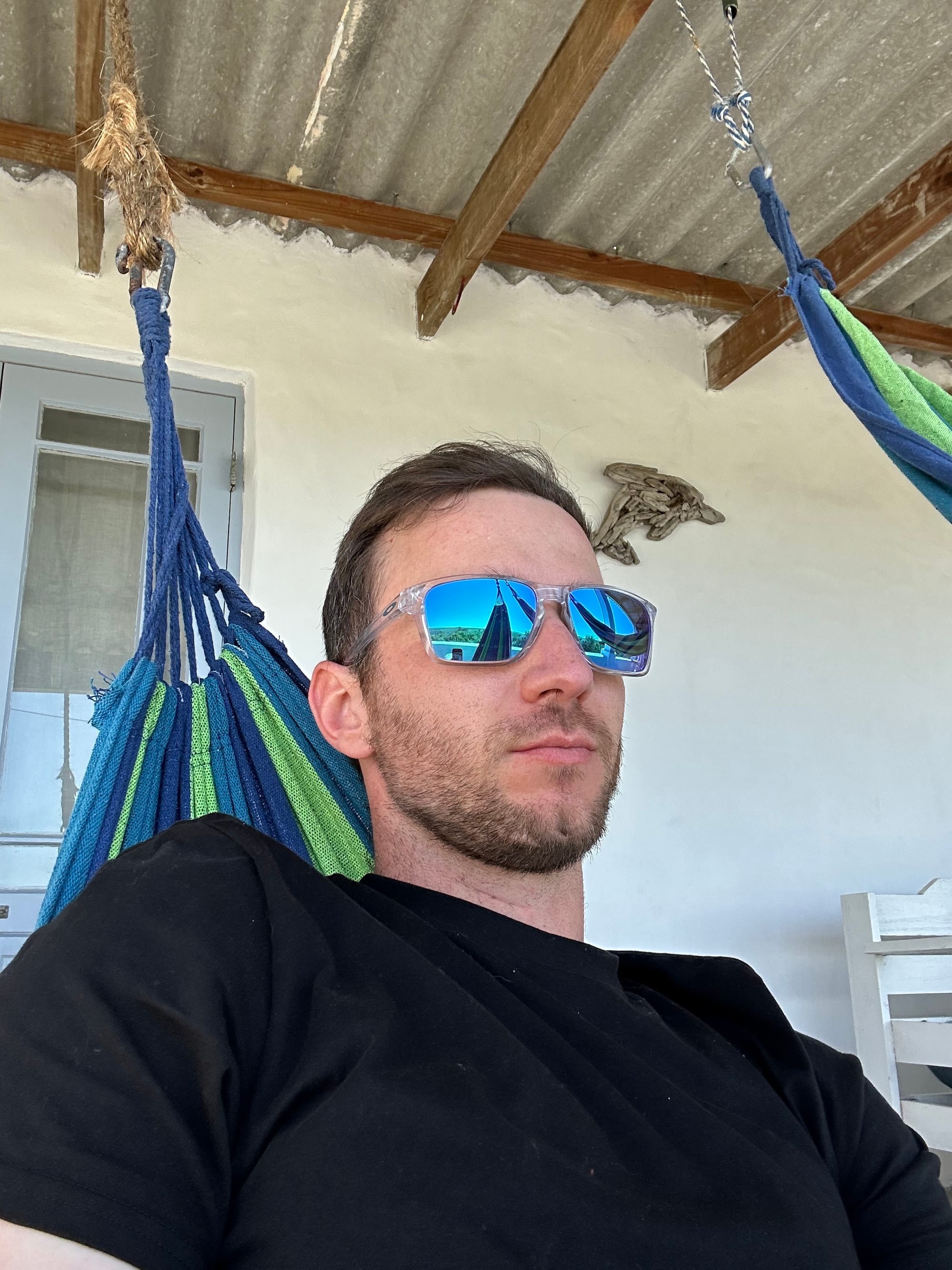Unlocking Potential: My Journey through Mentorship and Growth in the Design Industry
Feeling like you need more information or guidance and not being able to get it from your regular sources is a frustrating place to be. No matter how much work you do you are left wanting more but instead it's the same old, same old. I know, I was there not long ago.
Today we are discussing Mentorship and how it can unlock your potential and help you level up in your career, just like it's doing for me.

Reflecting On My Journey
I’ve been in the Design industry for almost a decade, mostly in the UX and Product Design space. During that time I learned a lot from those around me and I was able to grow an understanding of the craft and the spaces I was operating in whilst filling the gaps with online courses, the odd conference and a bunch of Medium articles. This worked for a while but at some point, I felt like ‘my next step’ was beyond my reach and I wasn't sure what to do.
By this point I had learnt all I could from those around me, and as grateful as I was I needed more focused time with someone who has done what I want to do, not what I am already doing. A move to Retro Rabbit presented me with the opportunity not only to do what I'm already doing but to work with people at all levels. The most exciting prospect was to work with the newcomers to the industry and those still developing their craft. This was new. This was also scary!
Suddenly I’m being introduced to all sorts of people as the ‘the senior designer we just hired’. No pressure. Not long after onboarding, I’m working on my first client project and I’m in the familiar territory of product and UX design. What was unfamiliar to me was how many interactions I had with other Rabbits based at the same client, or the Retro office. I heard the sort of issues they were dealing with and tried to guide them as best I could. This was my first taste of mentoring but in a more informal manner.
Then came the grads….

Embarking On My Teaching Journey
I finally get to work with the new kids on the scene. I haven’t mentioned this yet, but I do have my selfish intentions here. If you want to know how well you know something, try teaching it to someone. This was my attempt at unlocking the next level of my career. To teach and then learn from those experiences.
After the grad workshops that I had to facilitate at the start of the year, I learned some valuable lessons. Teaching is not easy, and I was surprised at how tricky it is to translate what I learned through practice into teachable material that makes sense. I also learned that I can do this and I thought my workshops went relatively well.
Things got really serious when I realised that 50 other designers could learn something from me, and I could learn from them. Again, this is both an exciting prospect and a terrifying one. Then as if scripted into the story of my career I am asked to join the first group of mentors and mentees to test pilot the Retro Rabbit Mentorship Programme.
Mentoring to me is more than just passing on knowledge. It’s more about understanding the person you are talking to and figuring out if your life experiences can offer anything valuable to them. Whether that be professional or personal goals. So here we go! Mentoring.

Navigating Mentorship
The experience of mentoring someone is scary at first but hugely rewarding when you get feedback from them that what they learned from you has made a difference in their lives. But what about my growth? Who is going to mentor me? Enter The ADPList—an incredible free mentoring platform catering to the design and tech industry.
The ADPList is a free mentoring platform where anyone in the design and tech industry can become a mentor or mentee. So I planned out my goals and started searching for someone who had done what I wanted to do. This was important because I didn't need a mentor to help me with “being a better product designer”, but rather how to take my career to the next level and beyond building screens and prototypes.
I found an interesting profile for a gentleman named Roman. A design operations specialist who works for a respected technology company based in Europe and is a seasoned workshop facilitator. He has done and still practices the same thing I want to get better at - Design Operations and team management. He is German, so I knew he was going to have organized systems and processes that he could share with me. Apologies for the stereotype, but even he makes jokes about it.
Roman’s insights and experience have helped me develop the mindset and toolkit to start thinking like someone who is in the role that I want to get into. He is assisting me in levelling up my professional career and teaching me about the importance of empathy for your team whilst also maintaining a business frame of mind. I am thoroughly enjoying my interactions with him and feel I have developed a new way of thinking. “It’s no good gathering data and not making it visible to the business”; “Share your findings early”; and “Design Ops is a lot of work, but you’ll do it because you care” are just some of the comments Roman has said to me during our time together. I appreciate the passion he has for his work and he makes me excited about trying new things and learning more.

The Reciprocity of Mentorship
I have found being a mentor to be humbling but rewarding. The great thing about mentoring is that you quickly learn that other people are going through the same things you are, or are stumbling over the same blocks you once did, and you get to help that person overcome that. As a mentor, you are not just teaching someone how to beat imposter syndrome, use the Pomodoro technique or “Eat the Frog”. You are giving them tools and insights to help them unlock their potential and hopefully become the best version of themselves.
My first mentee had a range of goals that related to his technical skill, soft skills and his personal life. We had a good relationship and we learnt from each other. He learned some techniques that I adopted during my career, and I learned to listen better and understand my mentee's goals. His feedback to me at the end of our time together was honest which meant I also grew as a mentor and will be taking those lessons into my next mentoring relationship.
So to conclude, I want to share some actionable tips and guidance for you if you are in a mentoring relationship for the first time:
- Be honest with yourself about what you want to learn: It is tempting to set goals that you think the mentor or other people would expect you to want. Goals are personal and don’t always have to be professional or career-related.
- Active participation: Be engaged and proactive in seeking guidance and feedback. Ask questions, share concerns, and take an active role in discussions.
- Keep learning: As the mentor or mentee you will be constantly learning and growing. So keep that in mind and be flexible with your approach
- Active listening: Listen closely to your mentee’s concerns, questions and goals. Try to understand their perspective and be empathetic to their concerns and needs. Just listening can be helpful.
- Share personal experiences: Offer insights from your own experiences that may be relevant to your mentee's situation. Real-life examples can be powerful in illustrating points or providing guidance.
